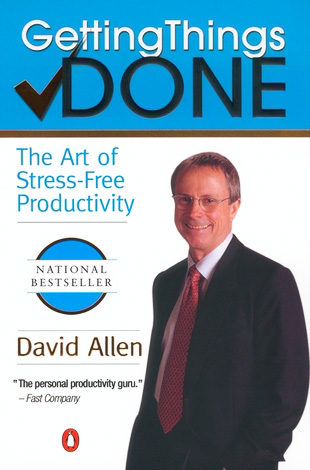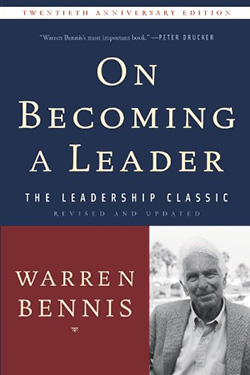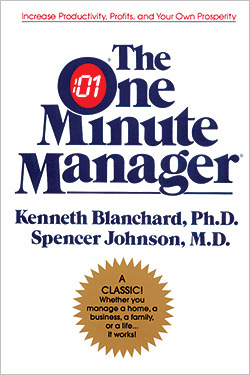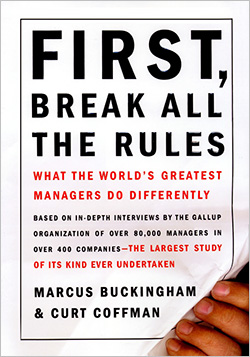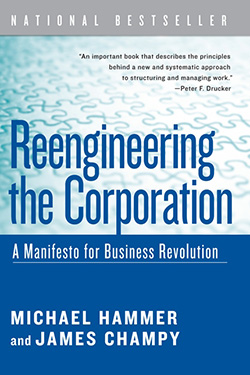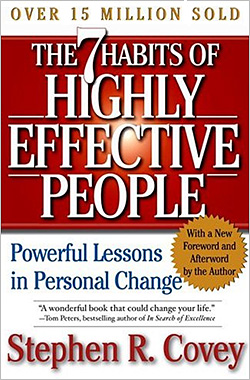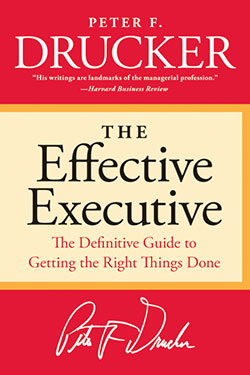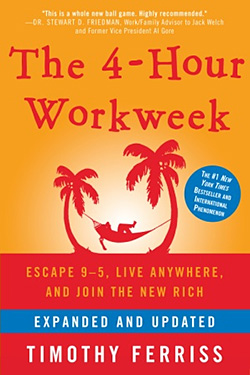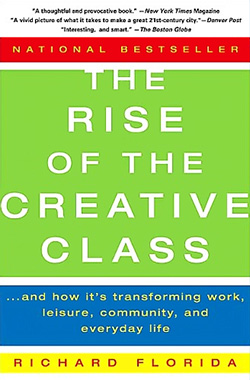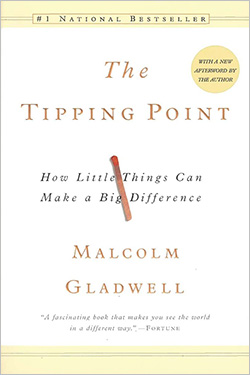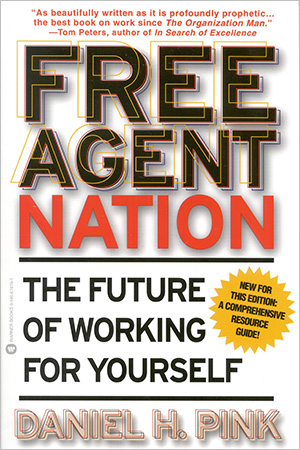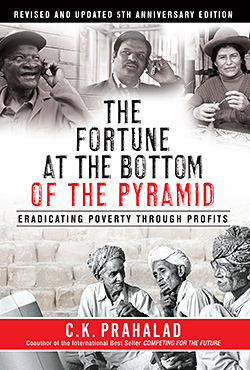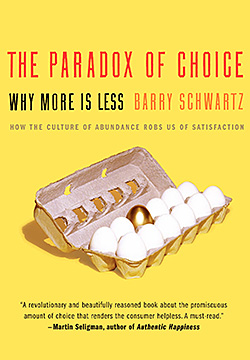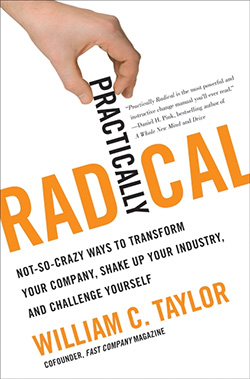Why New Year’s Resolutions Don't Work
Willpower Is Weak
There’s an assumption about human nature that is important to have in place as we think about New Year’s Resolutions: people do what they want to do. The Reformation theologian Thomas Cranmerheld this view of human nature (as summarized by Anglican historian Ashley Null):
What the heart loves, the will chooses, and the mind justifies. The mind doesn’t direct the will. The mind is actually captive to what the will wants, and the will itself, in turn, is captive to what the heart wants.
An article in the New York Times only confirms that the will is weak when it shows that the overwhelming majority of New Year’s resolutions are doomed to failure. According to research, 80 percent of those who make resolutions on January 1 have given up by Valentine’s Day. Nutrition experts say that two-thirds of dieters regain any weight lost within a year, and more than 70 percent of people who undergo coronary bypass surgery fall back into unhealthy habits within two years of their surgery.
“Confront the reality that your resolution is likely needed because you are not loving God with your entire being and not loving your neighbor as yourself.”
“Most of us think that we can change our lives if we just summon the willpower and try even harder this time around,” said Alan Deutschman, the former executive director of Unboundary, a firm that counsels corporations on how to navigate change. “It’s exceptionally hard to make life changes, and our efforts are usually doomed to failure when we try to do it on our own.” If you’re going to make a New Year’s resolution, here are a few things to keep in mind.
1. Not All Resolutions Are Good
Try to determine if the resolution is actually good. Are you planning on working out more? If so, is it because you want to be a good steward of the body God gave you or is it vanity? In reality, it is probably both. But what is the driving desire? Self-improvement or to glorify God?
2. Just Do It…
If your resolution is actually a good one, just do it. Go ahead and work out more, smoke or drink less, read your Bible more, pay down your debt and save more for retirement, focus on your marriage, spend more time with your children. Every once in a while, people start a New Year’s resolution and it sticks. But most don't. That’s because (1) you are sinner and (2) your heart is anidol factory.
3. Grace Actually Works
Confront the reality that your resolution is likely needed because you are not loving God with your entire being and not loving your neighbor as yourself. These two failures lead to havoc, discord, pain, and destruction. Jesus gave us the basic requirement: “‘You shall love the Lord your God with all your heart and with all your soul and with all your mind.’ This is the great and first commandment. And a second is like it: ‘You shall love your neighbor as yourself.’ On these two commandments depend all the Law and the Prophets” (Matt. 22:40).
That basic failure is why we need the gospel: Jesus’ life, death, and resurrection deal with the guilt and the stain of sin. Jesus is our propitiation and our expiation.
Jesus also gave us the Holy Spirit, who can change our desires and empower us to love God and neighbor. As Paul tells us, “it is God who works in you, both to will and to work for his good pleasure” (Phil. 2:13).
4. God Gives Grace to Change
As Cranmer realized, our wills are captive to what our hearts love, and we are powerless to change ourselves without the work of God’s Spirit changing our desires. When you think through New Year’s resolutions, here’s a prayer as you ask God to work on your heart:
Almighty God, you alone can bring into order the unruly wills and affections of sinners: Grant your people grace to love what you command and desire what you promise; that, among the swift and varied changes of the world, our hearts may surely there be fixed where true joys are to be found; through Jesus Christ our Lord, who lives and reigns with you and the Holy Spirit, one God, now and for ever. Amen (Book of Common Prayer).




